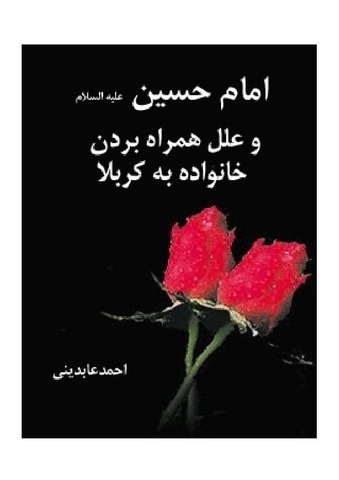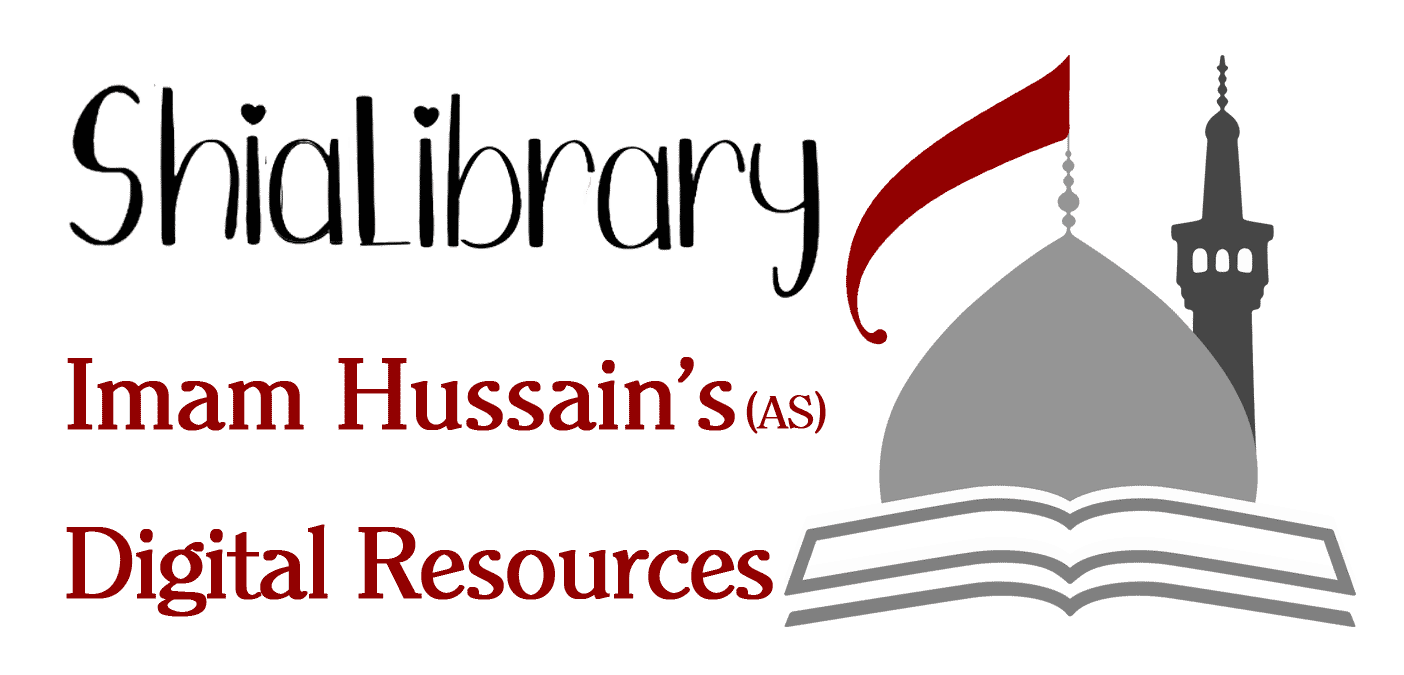The Change of the Family from the Pre-Islamic Era to the Time of Amir al-Mo'menin (AS)
سیر تحول نهاد خانواده از دوران جاهلیت تا دوران امیرالمؤمنین(علیهالسلام)
چکیده: One of the most important tools for describing, explaining and prescribing an issue is to understand the developments of that issue in its historical and political context. The institution of the family, as the most fundamental social institution, and the rules and regulations governing the formation, consolidation and reproduction of this institution are no exception to this rule. Therefore, the purpose of this study is to understand the changes in the institution of the family in the historical and political context of early Islam. The history of the beginning of Islam, in terms of shaping our perception of the Islamic family or the ideal example of the family, is the most important time to understand the developments of this institution. The main question of this research is "How has the family institution change from the pre-Islamic era to the The Age of Amir al-Mu'minin (a.c)"? In order to answer this question, an attempt has been made to answer this question by using the reports of the Holy Quran and the manners and traditions of the Infallibles (AS) as well as the manners of the three caliphs. Focusing on several axes such as the quality of family formation, marriage , divorce and social harms in the family institution and how to deal with these harms in different periods of early Islam, we conclude that first the family institution has gone through a sinusoidal course and secondly The influence of the institution of the family in different political periods. The current structure of the family in Iran and Islamic countries is a product mixed with the traditions of the Prophet PBUH and Alawites, the deviations of the pre-Islamic era and the innovations of the three caliphs in this field. Understanding this evolution can lead to a correct understanding of our current descriptions, explanations, and prescriptions of family institution issues. یکی از مهمترین لوازم توصیف، تبیین و تجویز یک پدیده، فهم تحولات آن در بستر تاریخی و سیاسی است. نهاد خانواده و احکام و قواعد حاکم بر آن، از این قاعده مستثنی نیستند؛ لذا هدف از این پژوهش، فهم تحولات نهاد خانواده در بستر تاریخی و سیاسی صدر اسلام است. این دوران، از جهت شکلگیری تصور ما از خانواده اسلامی یا نمونه ایدهآل خانواده، مهمترین برهه زمانی برای فهم تحولات نهاد خانواده است. سؤال اصلی این پژوهش این است که «نهاد خانواده از عصر جاهلیت تا عصر علوی، چه تحولاتی داشته است»؟ برای پاسخ به این سؤال تلاش شده است با استفاده از روش اجتهادی، از آموزههای قرآنکریم، سیره و سنت معصومین(علیهالسلام) و همچنین سیره خلفای ثلاث، سیر تحول خانواده در صدر اسلام استنباط شود. با تمرکز بر چند محور ازجمله کیفیت تشکیل خانواده، ملاکهای ازدواج، نحوه طلاق، میزان شیوع آسیبهای اجتماعی در نهاد خانواده و نحوه مقابله با این آسیبها در ادوار مختلف صدر اسلام، نتیجه میگیریم که نهاد خانواده سیری پرفراز و نشیب و متفاوت را طی کرده است. ضمن اینکه متوجه تأثیر و تأثّرات نهاد خانواده در ادوار مختلف سیاسی میشویم. ساختار امروزین خانواده در ایران و جهان اسلام، محصول ترکیبی از سیره و سنن نبوی و علوی، انحرافات عصر جاهلیت و بدعتهای خلفای ثلاث در این زمینه است. فهم این سیر تحول، میتواند منجر به تصور درستی از توصیف، تبیین و تجویزهای کنونی ما در مورد مسائل نهاد خانواده شود.

شرایط فرهنگی و سیاسی در دوران امام سجاد (ع) و برخورد امام با این دوران
نوع: مقاله
نویسندگان : حیدرآوا، النوره
موضوعات : فرهنگی و اجتماعی, امویان, عصر امام سجاد (ع)
تحلیلی بر اوضاع سیاسی دوران علی (ع) و مقاییسه تطبیقی ان با دوران پیامبر اکرم (ص)
نوع: مقاله نشریه
نویسندگان : عیوضی، محمد رحیم
موضوعات :
امام حسین علیه السلام و علل همراه بردن خانواده به کربلا
نوع: الکتب
نویسندگان : عابدینی, احمد
موضوعات : حسین بن علی (ع)، امام سوم

| contributor author | آرام، محمدرضا پ | fa |
| contributor author | رجبی دوانی، محمدحسین | fa |
| contributor author | مهدوی زادگان، داوود | fa |
| date accessioned | 2025-03-15T10:55:31Z | |
| date available | 2025-03-15T10:55:31Z | |
| identifier uri | http://hdl.handle.net/110/23822 | |
| description abstract | One of the most important tools for describing, explaining and prescribing an issue is to understand the developments of that issue in its historical and political context. The institution of the family, as the most fundamental social institution, and the rules and regulations governing the formation, consolidation and reproduction of this institution are no exception to this rule. Therefore, the purpose of this study is to understand the changes in the institution of the family in the historical and political context of early Islam. The history of the beginning of Islam, in terms of shaping our perception of the Islamic family or the ideal example of the family, is the most important time to understand the developments of this institution. The main question of this research is "How has the family institution change from the pre-Islamic era to the The Age of Amir al-Mu'minin (a.c)"? In order to answer this question, an attempt has been made to answer this question by using the reports of the Holy Quran and the manners and traditions of the Infallibles (AS) as well as the manners of the three caliphs. Focusing on several axes such as the quality of family formation, marriage , divorce and social harms in the family institution and how to deal with these harms in different periods of early Islam, we conclude that first the family institution has gone through a sinusoidal course and secondly The influence of the institution of the family in different political periods. The current structure of the family in Iran and Islamic countries is a product mixed with the traditions of the Prophet PBUH and Alawites, the deviations of the pre-Islamic era and the innovations of the three caliphs in this field. Understanding this evolution can lead to a correct understanding of our current descriptions, explanations, and prescriptions of family institution issues. | en |
| description abstract | یکی از مهمترین لوازم توصیف، تبیین و تجویز یک پدیده، فهم تحولات آن در بستر تاریخی و سیاسی است. نهاد خانواده و احکام و قواعد حاکم بر آن، از این قاعده مستثنی نیستند؛ لذا هدف از این پژوهش، فهم تحولات نهاد خانواده در بستر تاریخی و سیاسی صدر اسلام است. این دوران، از جهت شکلگیری تصور ما از خانواده اسلامی یا نمونه ایدهآل خانواده، مهمترین برهه زمانی برای فهم تحولات نهاد خانواده است. سؤال اصلی این پژوهش این است که «نهاد خانواده از عصر جاهلیت تا عصر علوی، چه تحولاتی داشته است»؟ برای پاسخ به این سؤال تلاش شده است با استفاده از روش اجتهادی، از آموزههای قرآنکریم، سیره و سنت معصومین(علیهالسلام) و همچنین سیره خلفای ثلاث، سیر تحول خانواده در صدر اسلام استنباط شود. با تمرکز بر چند محور ازجمله کیفیت تشکیل خانواده، ملاکهای ازدواج، نحوه طلاق، میزان شیوع آسیبهای اجتماعی در نهاد خانواده و نحوه مقابله با این آسیبها در ادوار مختلف صدر اسلام، نتیجه میگیریم که نهاد خانواده سیری پرفراز و نشیب و متفاوت را طی کرده است. ضمن اینکه متوجه تأثیر و تأثّرات نهاد خانواده در ادوار مختلف سیاسی میشویم. ساختار امروزین خانواده در ایران و جهان اسلام، محصول ترکیبی از سیره و سنن نبوی و علوی، انحرافات عصر جاهلیت و بدعتهای خلفای ثلاث در این زمینه است. فهم این سیر تحول، میتواند منجر به تصور درستی از توصیف، تبیین و تجویزهای کنونی ما در مورد مسائل نهاد خانواده شود. | fa |
| language iso | الفارسية | ar |
| language iso | Persian | en_US |
| language iso | فارسی | fa |
| title | The Change of the Family from the Pre-Islamic Era to the Time of Amir al-Mo'menin (AS) | en |
| title | سیر تحول نهاد خانواده از دوران جاهلیت تا دوران امیرالمؤمنین(علیهالسلام) | fa |
| type | مقاله | |
| type | بحوث و مقالات | ar |
| type | Article | en_US |
| journal title | فرهنگی تربیتی زنان و خانواده | fa |
| source Database | ISC | |
| contenttype | فقط بيانات | ar |
| contenttype | Metadata Only | en_US |
| contenttype | فراداده | fa |
| subject keywords | تحول نهاد خانواده | fa |
| subject keywords | خانواده در دوران جاهلیت | fa |
| subject keywords | خانواده در دوران اسلامی | fa |
| subject keywords | تاریخ خانواده | fa |
| year publication | 1400 | |
| source Onlinelink | https://search.isc.ac/DL/Lend%20Service/LendService/Get_TitleSearchResultDetail.aspx?DTC=8&DC=1284387 | |
| pages | 29 |
مواد ذات صلة
عرض الفایلات ذات الصلة بواسطة: عنوان، المؤلف، المنشئ والموضوع.
-
شرایط فرهنگی و سیاسی در دوران امام سجاد (ع) و برخورد امام با این دوران
نوع: مقالهبحوث و مقالاتArticle نویسندگان : حیدرآوا، النورهچکیده: شناخت تاریخ و اسلوب رفتاری و روش نظری و عملی ائمه معصوم (ع) یکی از مهمترین مسئولیتهای دینی – فرهنگی مسلمانان بهویژه شیعیان در هر دورهای از تاریخ است؛ زیرا تنها با تأسی به منش و رفتار ایشان و نقشپذیری جامعه انسانی در ...موضوعات : فرهنگی و اجتماعی , امویان , عصر امام سجاد (ع) , -
تحلیلی بر اوضاع سیاسی دوران علی (ع) و مقاییسه تطبیقی ان با دوران پیامبر اکرم (ص)
نوع: مقاله نشریهبحوث و مقالاتArticle Journals نویسندگان : عیوضی، محمد رحیم -
امام حسین علیه السلام و علل همراه بردن خانواده به کربلا
نوع: الکتبBookکتاب نویسندگان : عابدینی, احمدناشر: پیام زنموضوعات : حسین بن علی (ع)، امام سوم ,
